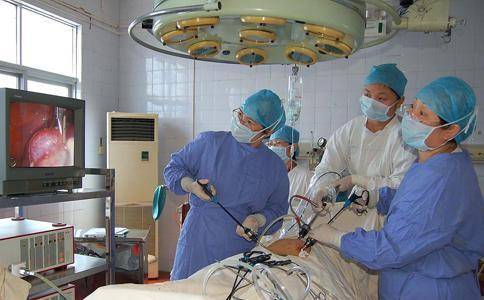For men, circumcision is a very normal and common procedure, and it is a minor surgery, so there is no need to worry. However, not every man has an issue with excessive foreskin; most cases are congenital. It could also be due to health issues during puberty or incorrect knowledge, leading to excessive foreskin covering the urethral opening. Generally, excessive foreskin is treated through surgery.
If this problem exists, it is advisable to seek prompt examination and treatment, undergoing surgery and hygiene practices under a doctor’s guidance. However, we often hear people say that it is best to have the foreskin removed when a child is young. Is this really the case? In fact, for the sake of men’s health, there is an optimal age for circumcision. Doctors recommend: roughly within this age range is the most suitable, so be sure not to miss it.
For men, if there is an issue with excessive foreskin, it can affect the development of the reproductive organs, leading to developmental hindrances, and in severe cases, may trigger other diseases. Therefore, if a boy is found to have an issue with excessive foreskin, parents should promptly take the child to the hospital for examination, and if necessary, follow the doctor’s advice for surgical treatment.
Generally, the best time for boys to undergo circumcision is around the ages of 8 to 10. During this age, children are full of vitality, and their wounds heal relatively quickly after surgery. If this period is missed and the surgery is performed during puberty, it is easily influenced by the secretion of male hormones, leading to **erections, which can affect the healing speed of the wound, and in severe cases, might impact future male function.
Moreover, for boys aged 8 to 10, **there are no erection phenomena, and after surgery, there is less likelihood of inflammation occurring. At this age, the reproductive organs are still not fully developed, and the child would not feel embarrassed. Waiting until they are older to undergo such surgery may affect their self-esteem; if others inadvertently find out, it could lead to considerable embarrassment.
So, what precautions should be taken after undergoing circumcision?
Diet: After the surgery, diet is very important, and it should be light to avoid food-related inflammation of the wound, especially fatty and spicy foods, which are often irritants and can easily stimulate inflammatory symptoms in the body’s wounds.
Rest: After this surgery, men should pay attention to resting in bed and avoid vigorous activities, as this could cause friction injuries to the wound, affecting the recovery of the incision. They should also ensure good ventilation to prevent excessive sweating from causing infection at the wound site.
That’s all for today’s content. If you have any other opinions or viewpoints, feel free to leave a comment below, or follow me for daily health and wellness knowledge sharing.


